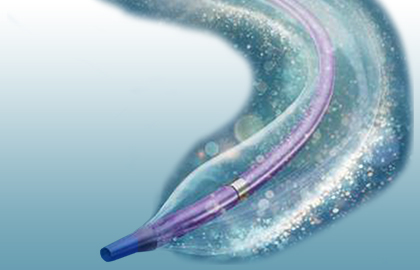The results of the STEP study were presented at the European Society of Cardiology (ESC) 2021 Congress! The main finding from this research was that an ideal target of 110 mmHg or at least <130 mmHg blood pressure (compared with a target of 130 mmHg or at least 150 mmHg) yielded an absolute risk reduction of composite events of 1.1%

These results differ from the more conservative approach upheld by the ESC regarding elderly and frail patients. While age alone should not be a decisive factor, a proper clinical assessment of patient expectations was considered wise.
The STEP study randomized 8511 hypertensive patients aged 60-80 years old (mean: 66.2), from 42 sites in China, to an intensive target (110 mmHg or <130 mmHg) or a standard target (130 mmHg or <150 mmHg). Most had a Framingham risk score of ≥15%. At baseline, the mean blood pressure was 146/83 mmHg.
After over three years of follow-up, intensive treatment achieved lower blood pressure targets than the standard of care (126.7 vs. 135.9 mmHg). Among patients in the intensive group, 77.2% were between 110 and 130 mmHg.
The composite endpoint was reached in 3.5% of the intensive arm vs. 4.6% in the standard arm (hazard ratio: 0.74; 95% confidence interval: 0.6-0.92), resulting in an overall risk reduction of 1.1%.
Most individual components of the primary endpoint (stroke, acute coronary syndrome, cardiac failure, coronary revascularization, atrial fibrillation, or cardiac death) benefited from the intensive treatment, except revascularization, atrial fibrillation, and death.
All-cause mortality was almost identical between treatment arms: 1.6% vs. 1.5%.
Read also: New European Hypertension Guidelines Contrast with American Recommendations.
The more aggressive blood pressure control was well tolerated in this research, with no significant differences in terms of dizziness, syncope, fractures, angioedema, headache, cough, or urticaria.
Authors claim they are just confirming the results from the SPRINT study, were a target of 130 mmHg was associated with a significantly lower risk of events than the prior target of 140 mmHg.
However, some experts are still skeptic. While this research refers to “elderly” patients, the mean age was 66 years old. In that sense, how should we handle patients who are 80 years old? How can we deal with the multiple drug combinations needed to reach theses ambitious targets when patients start experiencing loss of autonomy, cognitive impairment, and frailty?
The results of the STEP study were also simultaneously published in NEJM.
Original Title: Trial of intensive blood-pressure control in older patients with hypertension. For the STEP Study Group.
Reference: Weili Zhang et al. N Engl J Med. 2021. Online before print. DOI: 10.1056/NEJMoa2111437.
Subscribe to our weekly newsletter
Get the latest scientific articles on interventional cardiology





